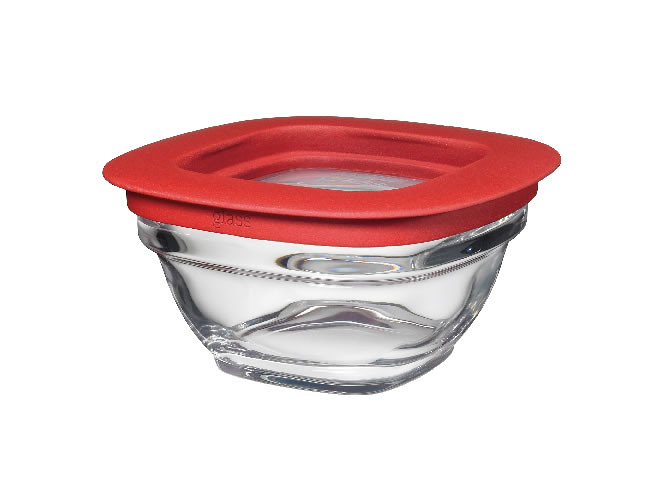Most of governmental companies regulating drinking water products need that any item made or used in The United States and Canada for the manufacture, distribution, or treatment of drinking water or drinking-water-related products should comply with the standards set forth in NSF/ANSI 61: Drinking Water Supply Elements-- Health Impacts. These regulations use to every element at every phase of the production process, from cement and paint to meters, valves, and gaskets.
fNSF/ANSI 61 Accreditation
When looking for drinking water system components, particularly consuming water system gaskets, there are three crucial basic marks you must be trying to find:
NSF/ANSI 61
ASSE 1061
ASTM F2854
ASTM F2854 sets standards for, to name a few things, chloramine resistance http://trevorspda492.unblog.fr/2018/11/28/the-a-lot-of-influential-people-in-the-gasket-manufacturer-industry/ in push-fit fitting gaskets for usage in drinking water supply, while ASSE 1061 sets very little tensile strength requirements for various running scenarios.
NSF International-- publisher of NSF/ANSI 61 uses an accreditation to push-fit fitting gasket manufacturers that satisfy the requirements of all three of these requirements. The screening is extensive and, to remain licensed, gasket producers must pass routine item tests and random yearly examinations.

Product Requirements
Together, NSF/ANSI 61, ASSE 1061, and ASTM F2854 levy really stringent material standards, setting a number of benchmarks that need to be satisfied before certifications can be made.
One of these benchmarks is chloramine resistance. Chlorine and chloramine are used by the vast bulk of towns in the United States to sanitize drinking water system supplies.
Though utilized in volumes far too low to have an effect on humans, the chloramines in drinking water can considerably impact the elastomers that make up push-fit fitting gaskets, causing splitting, elasticity loss, serious swelling, and tensile strength loss.
For that reason, high chloramine resistance is crucial to make sure dependability and strength in drinking water system supplies.
The pureness of materials, particularly polytetrafluoroethylene (PTFE) based plastics, and pollutant levels-- which NSF needs be evaluated by toxicologists-- must likewise meet stringent requirements.
NSF/ANSI 61 Licensed Gaskets from GRI
Operating in a number of markets, including those that involve drinking water systems, Gasket Resources Inc. produces high-quality fluid sealing options, particularly customized gaskets.
We take a variety of steps to ensure that our gaskets, including push-fit fitting gaskets, are of the greatest quality.
Initially, we work hard to keep our NSF/ANSI 61 certification. We likewise offer a variety of products and compounds that meet both FDA and NSF guidelines.
Among these products, Durlon ® 7910, is typically used for drinking water supply gaskets. A compressed, asbestos-free sheet material consisting of high-strength mineral fibers and nitrile rubber, Durlon ® 7910 was explicitly developed to meet NSF/ANSI 61 certification requirements.
Jay Turner Company
1012 N 1st St, Artesia
NM 88210, USA
575-746-1730

